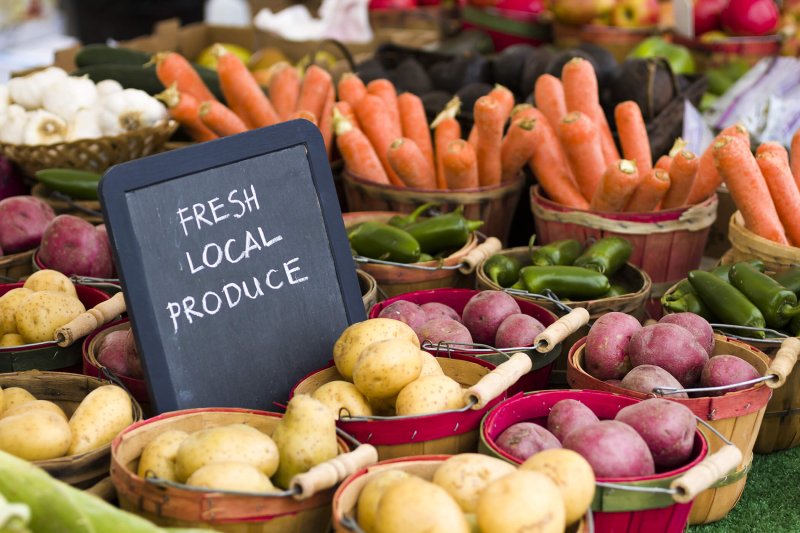We all care about the environment, at least a tiny bit. Many of us recycle all we can and own a reusable tote bag or 10. Some of us might opt for organics when given the choice, and take more and more ride-shares instead of driving in our personal vehicles. But these things we do with the best intentions, it turns out, can fall somewhere between not helpful and completely counterproductive. Here are some of the worst offenses — and how to avoid them.
…
Assuming Anything Vegan, Organic, Local or Non-GMO is Environmentally Innocent
Hey, almond milk drinkers: This one’s for you. A lot of environmentally conscious people will gravitate toward products with some sort of “green” labeling like vegan, organic or non-GMO. But these labels don’t guarantee the products are better for the environment than their conventional counterparts.
…
In some places, buying a local version of a product can reduce its environmental impact …. But this concept has diminishing returns, because of how super-efficient it is to ship things like produce in huge batches.
Worse, some people are so obsessed with “buying local” that “indoor farming” is becoming a thing …. They’re literally replacing free sunshine and rain with electric bulbs and water hoses.































